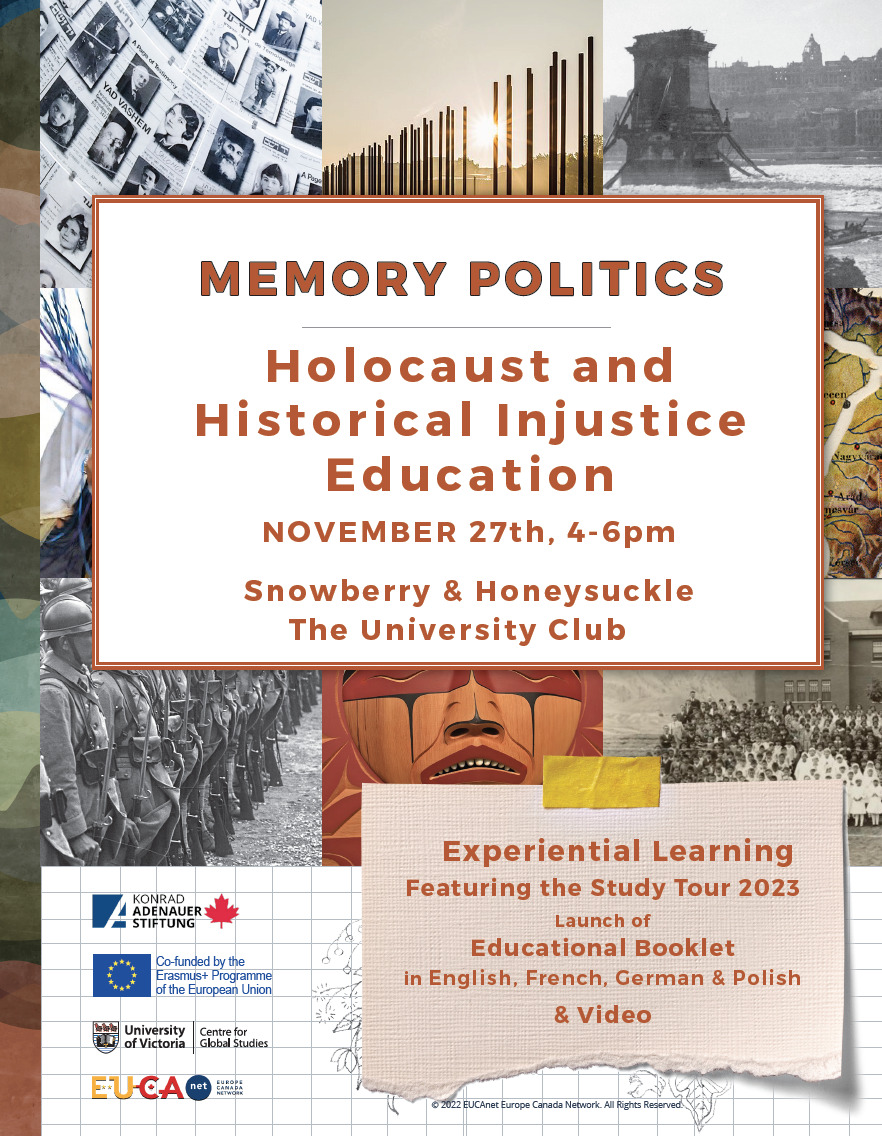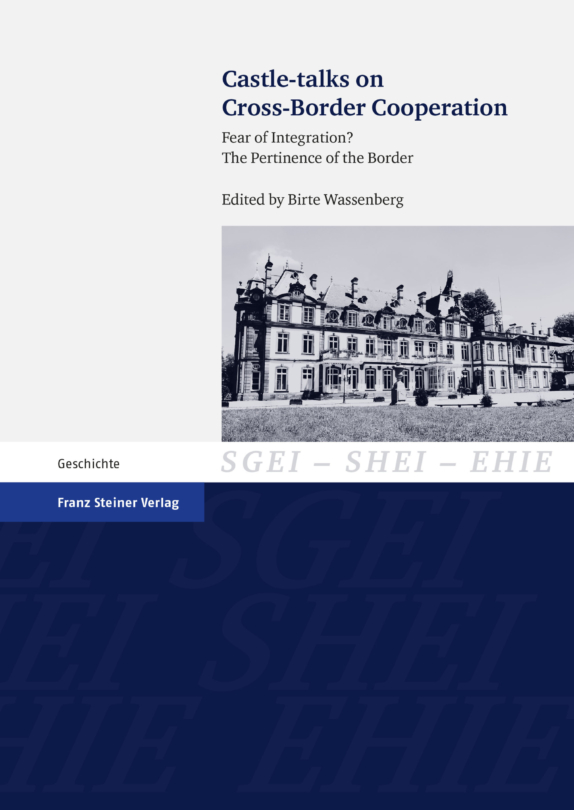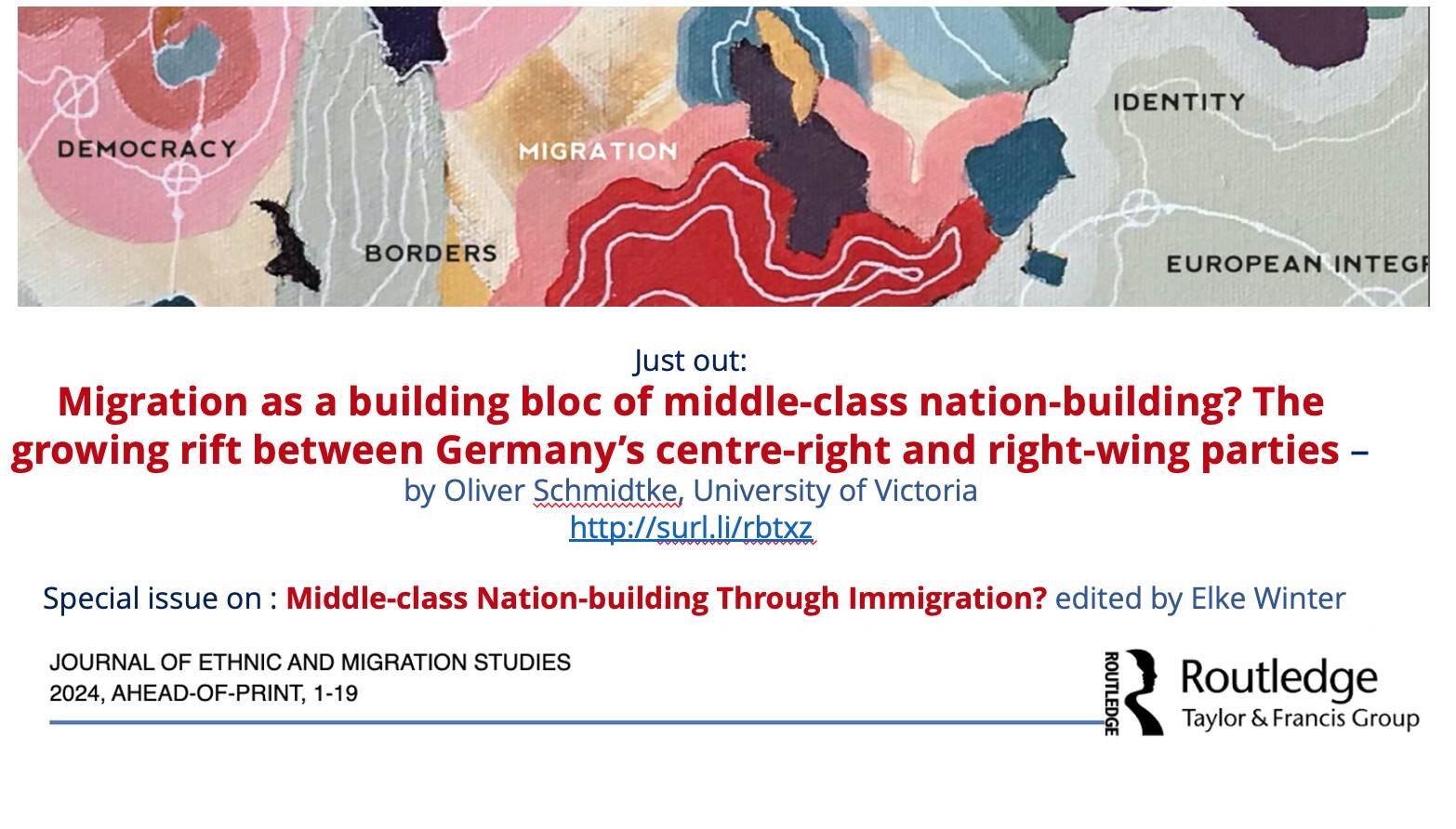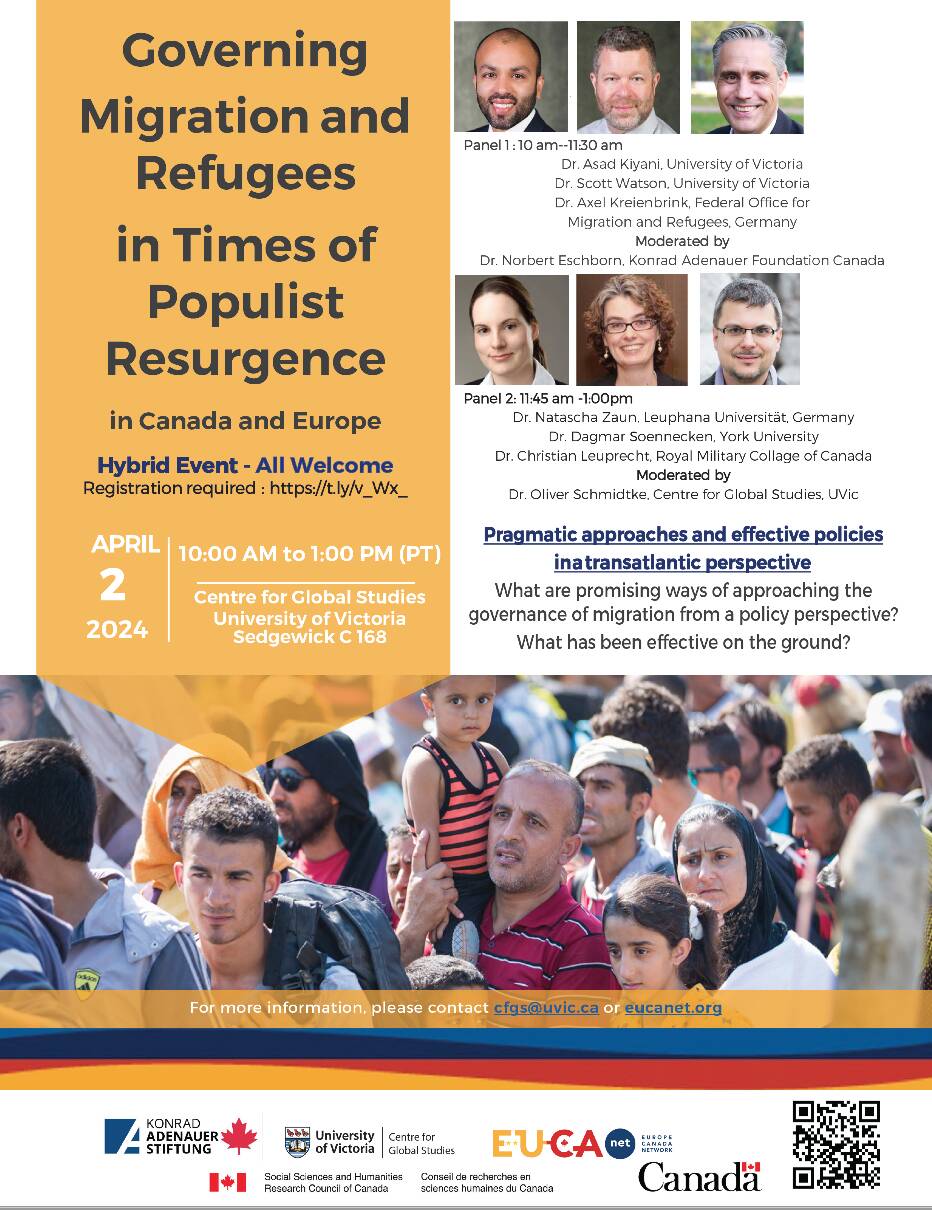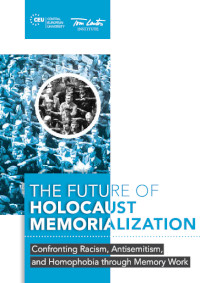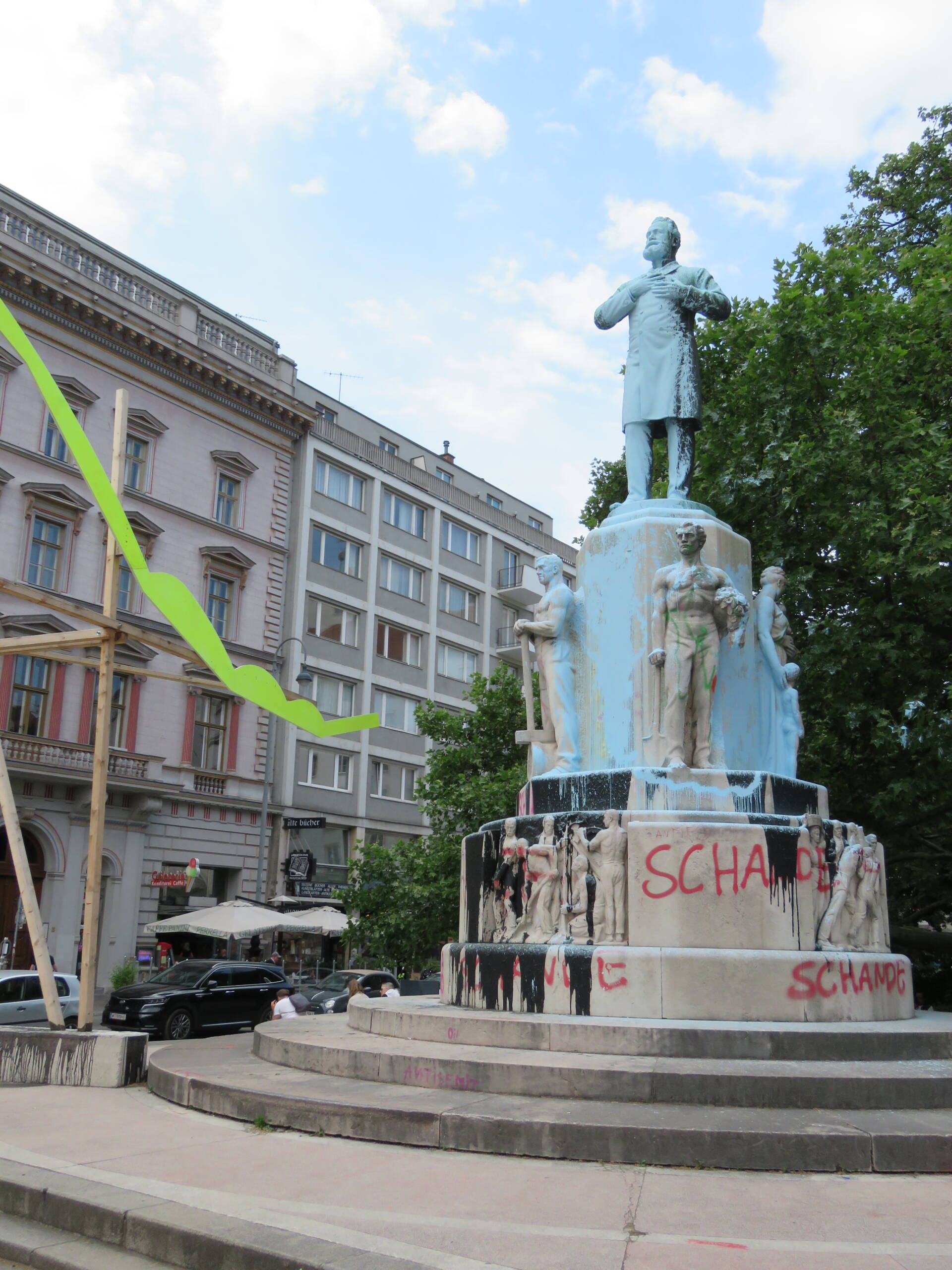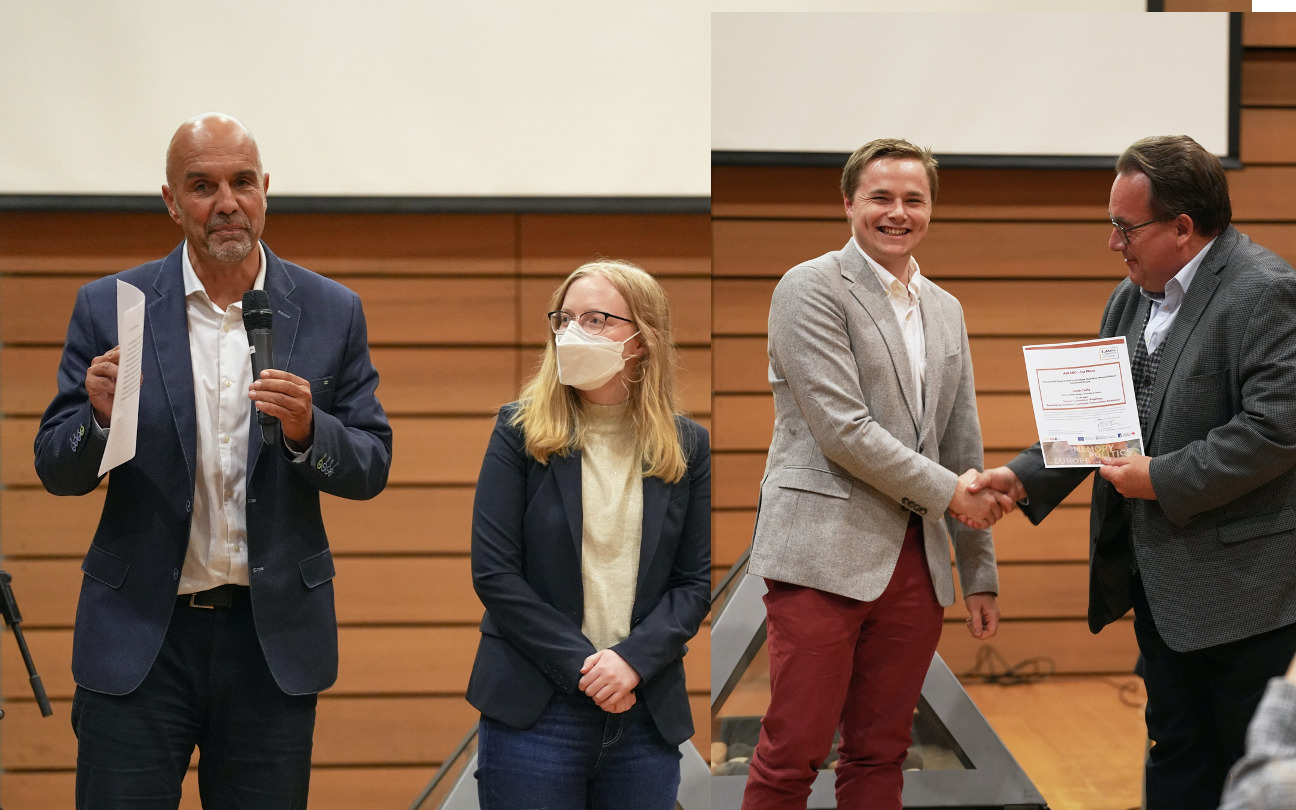Memory Politics, Holocaust and Historical Injustice Education in Canada and Europe
Experiential Learning approaches in Memory Politics, Holocaust and Historical Injustice Education
Featuring the Study Tour 2023 and Launching of the Multilingual Digital Booklet
November 27 4-6pm at the University Club
(Snowberry & Honeysuckle room; snacks and drinks will be served).
Please RSVP by sending an email info@eucanet.org
Speakers: Dr. Oliver Schmidtke, director of the Centre for Global Studies (CFGS), Dr. Matt James, professor of Political Science, CFGS’s fellow Janine Wulz, Beate Schmidtke, EUCAnet Co-Lead, and students from various departments.
This public event will be showcasing and discussing experiential learning opportunities in the field of memory politics.
Study Tour in European Memory Politics: In the spring/ summer 2023, 18 UVic students explored how modern history and in particular the memory of the Holocaust is commemorated and politically utilized in European countries, including Germany, Austria, Poland, Hungary, and Italy. The study tour was three weeks long and provided an exceptional experiential learning opportunity to students who visited sites of memory, such as former concentration and death camps, museums, and memorials, engaged with politicians, scholars, activists as well as communities who are stakeholders in memorial politics. We will hear from some of the students, reflect on what can be achieved with such an experiential learning experience, – and celebrate the students’ achievements. The study tour was supported by the Erasmus+ Program of the European Union, the Konrad Adenauer Foundation Canada, the Social Sciences and Humanities Research Council of Canada and the University Of Victoria (the Experiential Learning Fund and Nimrod Grant).
Launch of multilingual Digital Booklets – Using the Past to Define the Present: An Introduction to Memory Politics in Canada & Europe: We will proudly present this booklet as a multi-media educational tool designed to introduce high school and early university students to contemporary forms of memory politics in Canada, France, Germany and Hungary and Poland. The brochure is now available in four languages (English, French, German and Polish). We very much hope that the brochure will be widely used in different national contexts as a way of introducing debates on the past that are of critical significance for contemporary society and politics.
Furthermore, you can learn about the webinar and the interview series with experts on current issues related to the field of memory politics and Holocaust education to be found on our YouTube channel https://www.youtube.com/@EUCAnet .
